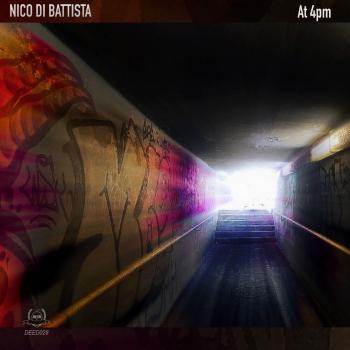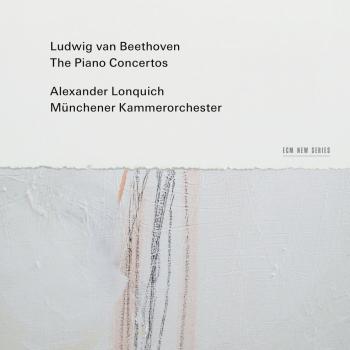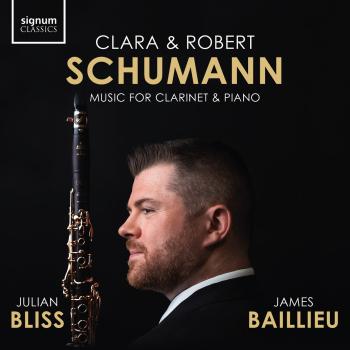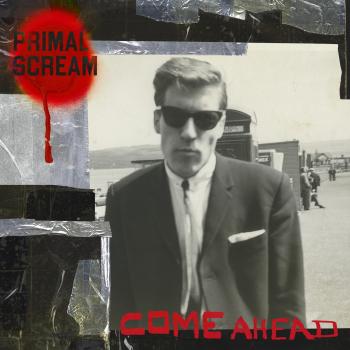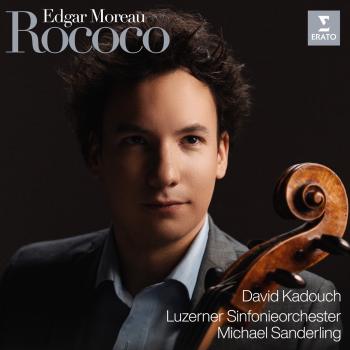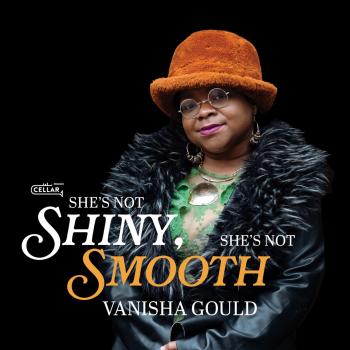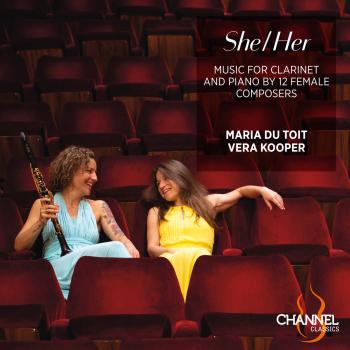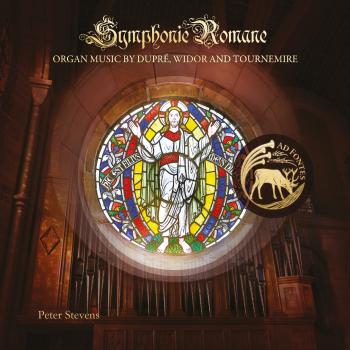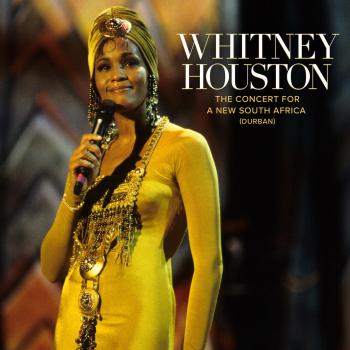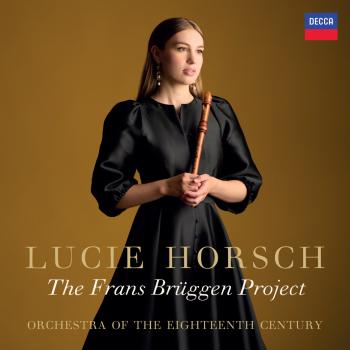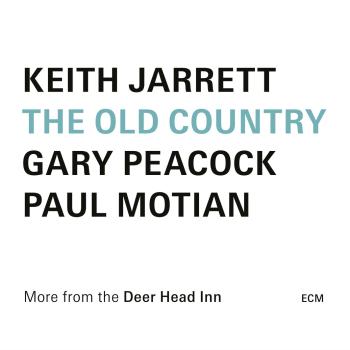
Innermost Dmitry Ferschtman & Mila Baslawskaja
Album Info
Album Veröffentlichung:
2022
HRA-Veröffentlichung:
18.11.2022
Label: TRPTK
Genre: Classical
Subgenre: Chamber Music
Interpret: Dmitry Ferschtman & Mila Baslawskaja
Komponist: Franz Schubert (1797-1828), Robert Schumann (1810–1856), Dmitri Shostakovich (1906-1975)
Das Album enthält Albumcover Booklet (PDF)
- Franz Schubert (1797 - 1828): Arpeggione sonata, D.821:
- 1 Schubert: Arpeggione sonata, D.821: I. Allegro moderato 12:33
- 2 Schubert: Arpeggione sonata, D.821: II. Adagio 03:42
- 3 Schubert: Arpeggione sonata, D.821: III. Allegretto 09:02
- Robert Schumann (1810 - 1856): Violin sonata No. 1, Op. 105 (Arr. for cello and piano by Dmitry Ferschtman):
- 4 Schumann: Violin sonata No. 1, Op. 105 (Arr. for cello and piano by Dmitry Ferschtman): I. Mit leidenschaftlichem Ausdruck 08:14
- 5 Schumann: Violin sonata No. 1, Op. 105 (Arr. for cello and piano by Dmitry Ferschtman): II. Allegretto 03:55
- 6 Schumann: Violin sonata No. 1, Op. 105 (Arr. for cello and piano by Dmitry Ferschtman): III. Lebhaft 04:42
- Dmitri Shostakovich (1906 - 1975): Cello sonata in D Minor, Op. 40:
- 7 Shostakovich: Cello sonata in D Minor, Op. 40: I. Allegro non troppo 11:54
- 8 Shostakovich: Cello sonata in D Minor, Op. 40: II. Allegro 03:32
- 9 Shostakovich: Cello sonata in D Minor, Op. 40: III. Largo 07:42
- 10 Shostakovich: Cello sonata in D Minor, Op. 40: IV. Allegro 04:33
Info zu Innermost
Over the years – now that we have practically covered the entire classical and romantic repertoire for cello and piano – we have realised more and more clearly why we have become musicians in the first place and what is indispensable for our inner balance.
Herein lies the answer to the question of why we have recorded these composers and these pieces at this moment.We both feel that these composers had the greatest influence on our love of music at a very early stage and were even a decisive factor in us becoming musicians.
Starting with Schubert. Listening to Die Winterreise for the first time as young teenagers left an indelible impression for the rest of our lives. We were incredibly lucky to hear Schubert in truly ‘shockingly’ ideal performances: Fischer-Dieskau, Kathleen Ferrier, Elisabeth Schwarzkopf with Gerald Moore and Edwin Fischer….
We were overwhelmed, children still, by the complete symbiosis of music and poetry. This became a guideline for us in the way we wanted to make music ourselves: in essence, always wanting to tell something to the listener. Getting to know first the instrumental and later the vocal music of Schumann strengthened our youthful conviction that ‘enchantment with the story in the music’ is for us the only possible relationship with the listener.
Interestingly, our connection with this music is mirrored by the composers themselves. Reading about Schumann’s life, we discovered that he wrote in a diary or article ‘’Schubert is my everything’’.
Not much later, we also felt the same emotional vulnerability in Dmitry Shostakovich as lies in Schubert and Schumann’s narratives. As a composer Shostakovich (for whom we also played his sonata) is in many ways far removed from the first two. However, what unites these three, in our view, is precisely their keen feeling, their great empathy for human suffering. They are people ‘without skin’ – with an open heart.
Dmitry Ferschtman, cello
Mila Baslawskaja, piano
Dmitry Ferschtman
(Moscow, 1945) is a Russian-Dutch cellist. He started his musical education at a very early age at the Central Music School in the same city, and continued his training at the Conservatory of Moscow from 1964, where he studied with Galina Kozoloepova and Natalia Gutman. In his second year at the conservatory, he co-founded, with Misha Geller, among others, the Glinka String Quartet, which performed from 1966 to 1978 and with which he gave hundreds of concerts in the Soviet Union and abroad. With this quartet he won first prize at an international string quartet competition in Belgium in 1969. He also performed as a soloist.
From 1969 to 1973 Dmitry Ferschtman was a teacher of chamber music at the Conservatory of Moscow. In 1975 he took part in a recording of work by Shostakovich, conducted by the composer himself several weeks before his death. In 1978 he emigrated with his wife, the pianist Mila Baslawskaja, from the Soviet Union to the Netherlands, where their daughter, the violinist Liza Ferschtman, was born one year later.
In the Netherlands he began a new career as a soloist and teacher. As a soloist he has played with conductors such as Frans Brüggen, Kenneth Montgomery, and Edo de Waart. Also, he is active in several chamber music ensembles and founded the new Glinka Quartet. He forms a duo with his wife Mila Baslawskaja, with whom he recorded works of, among others, Myaskovski, Schnittke, Shostakovich, Debussy, and Franck. With the pianist Ronald Brautigam he recorded works by Prokofiev; the CD received a 10 in music magazine Luister.
Dmitri Ferschtman is a principal subject teacher of cello at the Conservatorium van Amsterdam and the Royal Conservatory of The Hague. Also, he is often a guest at international festivals and gives masterclasses in Germany, France, and Japan. Furthermore, he had served on the faculty of The International Holland Music Sessions since 1993. His students include Pepijn Meeuws, Maarten Mostert, Vincent de Kort, Doris Hochscheid, Larissa Groeneveld, Quirine Viersen, and Wouter Mijnders.
Mila Baslawskaja
studied at the Central Music School and the Conservatory of Moscow. From an early age, she gave many recitals in Russia. She also performed with artists such as Natalia Gutman, Oleg Kagan, Gidon Kremer en Joeri Basjmet. In 1978 she left the Soviet Union together with her husband, the cellist Dmitry Ferschtman, and took up residence in the Netherlands. Together with Dmitry Ferschtman she performed in many countries and recorded works by Nikolaj Myaskovski, Alfred Schnittke, Dmitri Shostakovich, Claude Debussy and César Franck.
Booklet für Innermost

